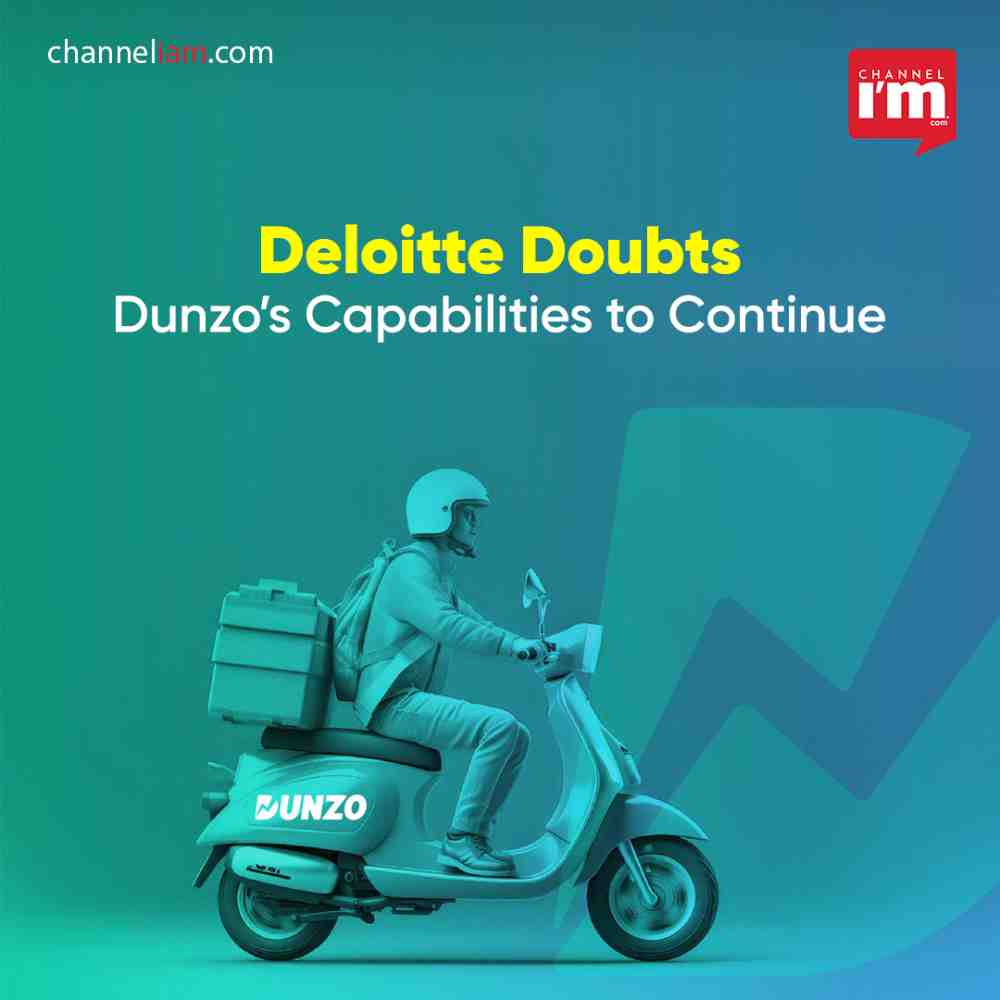
Troubled quick commerce of platform, Dunzo’s auditor Deloitte has expressed doubt over the company’s ability to continue as a going concern. Deloitte’s comments were appended with regulatory filings for FY23 which showed that Dunzo’s losses in FY23 had shot up by 288% to INR 1,802 crore.
The mounting losses also meant Dunzo’s “…current liabilities exceeded its current assets by INR 325.8 crore primarily because of significant high operational costs for building customer base,” Deloitte said.
Since Dunzo’s total liabilities amount to more than its total assets, the company will be unable to repay its creditors in a bankruptcy event.

According to Deloitte, “The group’s ability to continue as a going concern is significantly dependent on the availability of additional funding, and improvement in business operations. These events or conditions, along with other matters…indicate that a material uncertainty exists that may cast significant doubt on the group’s ability to continue as a going concern,” Deloitte added.
The group here refers to Dunzo Merchant Services Private Limited and Dunzo Wholesale Private Limited, both of which are subsidiaries of Dunzo Digital Private Limited.
While Deloitte said a material uncertainty may cast significant doubt on the group’s ability to continue as a going concern, it also added that the management expects the group to continue as a going concern.
As per reports, auditors had flagged similar issues around Dunzo being a going concern even in FY22 but since then, the company’s problems have grown manifold which makes the situation even graver.

In FY23 Dunzo’s expenses jumped four times to INR 2,054 crore. According to the company’s filings with the registrar of companies (RoC) in the ministry of corporate affairs, revenues during the year increased to INR 226 crore from INR 54 crore in FY22. While the increase in revenue was 320%, the same was on a low base.
For the last few months, Dunzo is facing a severe fund crunch and has delayed salaries to employees since July and even given up its office space to manage its cash flows. Several of its top executives, including two of its co-founders have left the company. It has also received legal notices from several of its vendors for non-payment.
